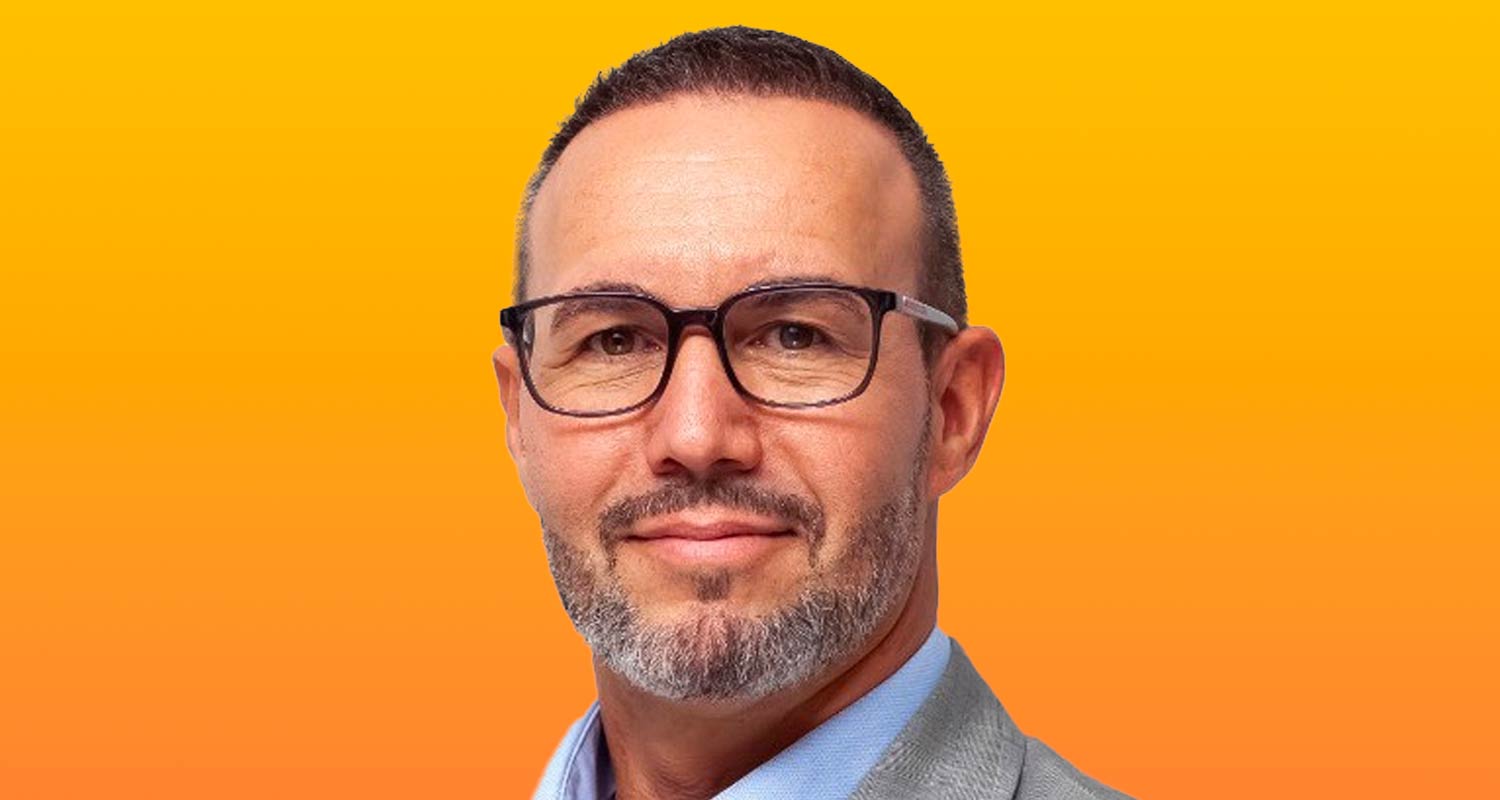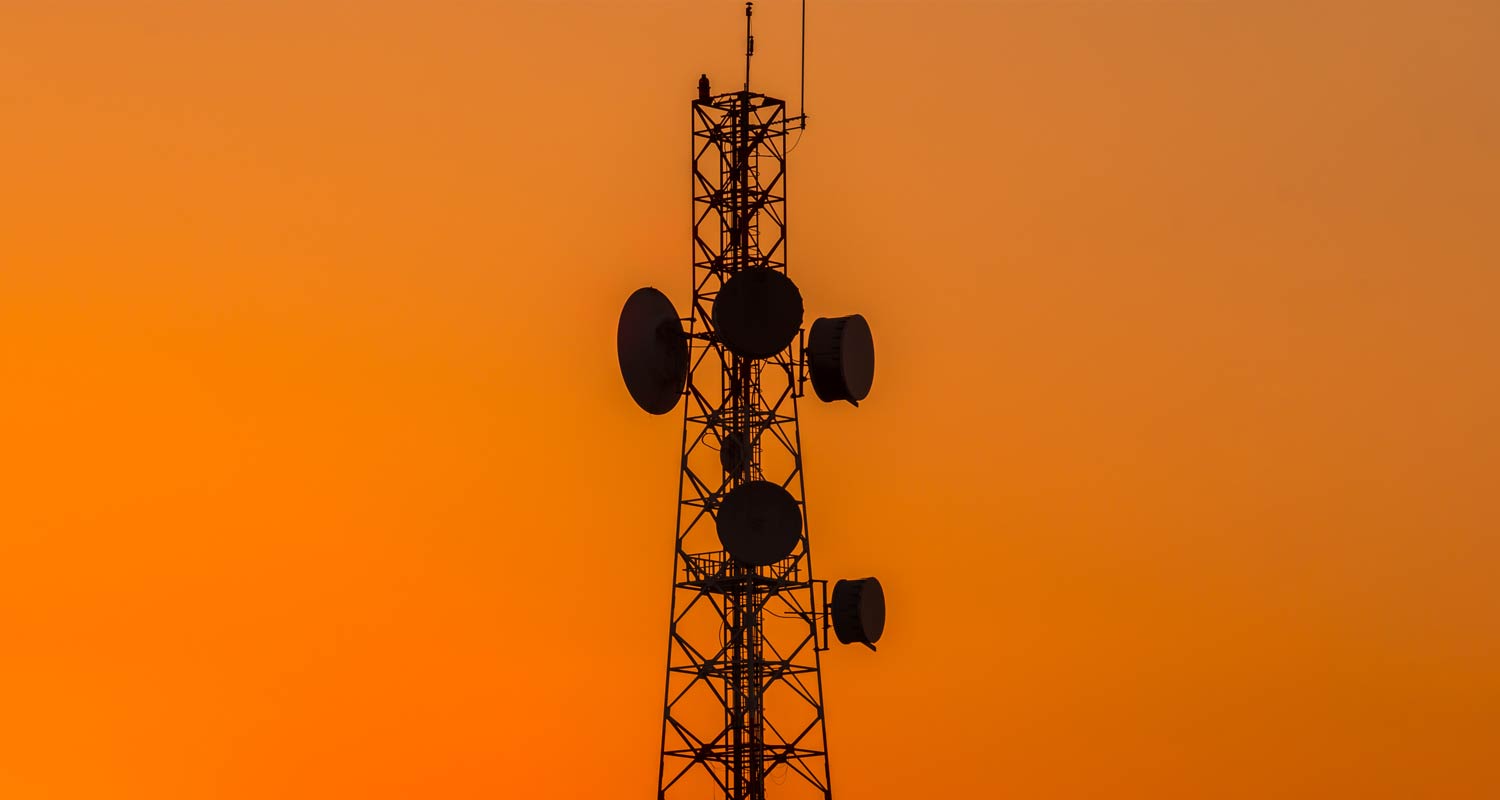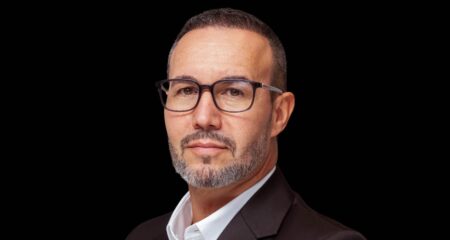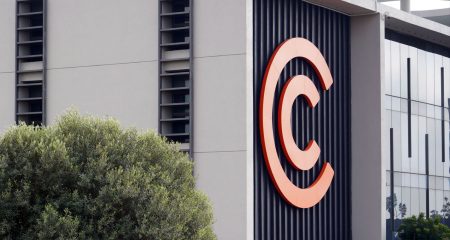
Jorge Mendes says operators should come to commercial agreements instead of regulation mandating Fair Share.
Cell C CEO Jorge Mendes has weighed in on the “Fair Share” debate raging in South Africa, saying network operators must be careful not to overpromise on products sold to consumers only to complain when those very same customers make use of what has been sold to them.
Speaking to journalists at an event held in Johannesburg on Tuesday, Mendes said the Fair Share debate is a valid opportunity for telecommunications carriers to find new sources of revenue, but this should be based on commercial agreements between the operators and so-called “over the top” (OTT) players – streaming companies like Netflix – and not a regulatory requirement that’s forced onto the industry.
Arguments in favour of Fair Share have gained traction in Europe, where operators have complained that shrinking revenues combined with heightened demand for network traffic via OTT companies have place them under strain.
“Operators should create their products accordingly. Don’t give someone 100GB + 100GB (night bundles) or sell 1TB of data for R249 when your network can’t handle it,” said Mendes. “The view that this is an opportunity to find some revenue through regulator assistance has been the approach in Europe, but I don’t think that’s necessary, to be honest: we build networks for them to be used.”
Both Vodacom and MTN have previously voiced their support for some form of the Fair Share concept in South Africa, arguing that they contribute a significant portion of their revenues towards capex that goes into ensuring their network infrastructure is adequate to support large OTT-related traffic volumes, whereas OTT players like Google and Facebook spend less, proportionately.
Free riding?
“The OTTs will say we help you (the operators) invest in subsea cables and all that, but the reality is they are not putting 18% of their service revenue into capex like we are. They maybe put in 0.5%. They are getting a disproportionate benefit,” MTN Group CEO Ralph Mupita said at a media event in 2023.
But even in Europe, where the Fair Share idea seems to be making its way into regulators’ field of view, not all stakeholders are in favour of it. Research by the Body of European Regulators for Electronic Communications (Berec) shows that ISPs in the region were generally not in favour of the idea, with concerns that payment for large-scale infrastructure access might hinder the principle of net neutrality and lead to competitive distortions that put smaller internet service providers at a disadvantage.
Read: ‘Fair Share’: Should Netflix pay to play in South Africa?
“There is no evidence of ‘free riding’ along the value chain. ISPs’ customers buy internet connectivity and pay for sending and receiving traffic. Costs for deploying and upgrading the access networks are typically covered by payments from ISPs’ customers,” said Berec.
A significant contributor to the costs faced by operators is the regulatory burden they face in having to comply to stringent laws applicable to the sector.
 According to Petrus Potgieter, Unisa professor of decision sciences and an associated partner at telecoms consultancy Strand Consult, an alternative to some form of Fair Share arrangement between the operators and OTT players might be for communications regulator Icasa to reduce the regulatory burden placed on operators including, perhaps, dropping coverage obligations.
According to Petrus Potgieter, Unisa professor of decision sciences and an associated partner at telecoms consultancy Strand Consult, an alternative to some form of Fair Share arrangement between the operators and OTT players might be for communications regulator Icasa to reduce the regulatory burden placed on operators including, perhaps, dropping coverage obligations.
Potgieter said the approach taken by regulators in South Korea may be best, where specific OTT rates are not mandated by regulators, but telecoms operators and OTT players are required to negotiate rates among themselves. According to Mendes, however, regulators have no role to play in these agreements.
“The reality is I think we need to let the commercial stuff play out and find commercial arrangements. I don’t think this is a regulator’s space,” said Mendes. – © 2024 NewsCentral Media
Get breaking news from TechCentral on WhatsApp. Sign up here
Don’t miss:




